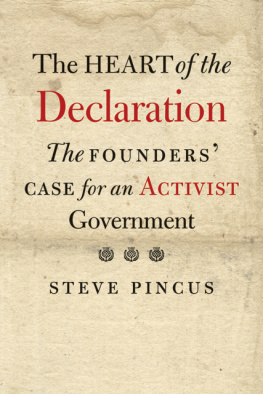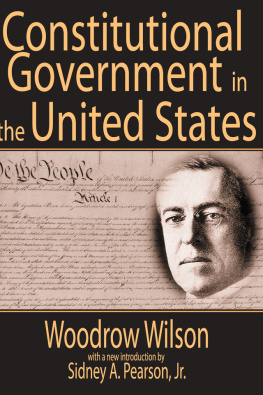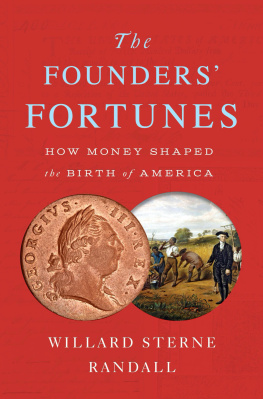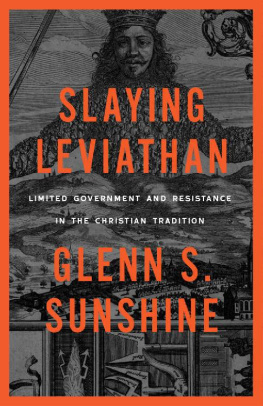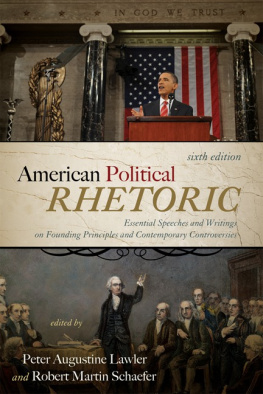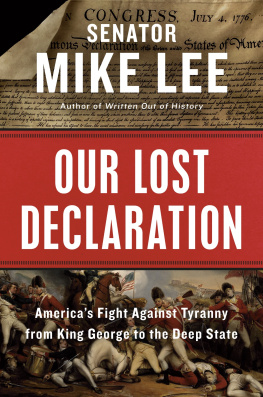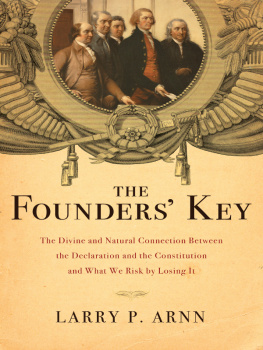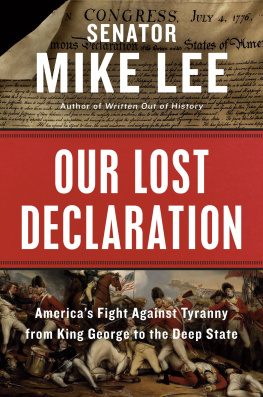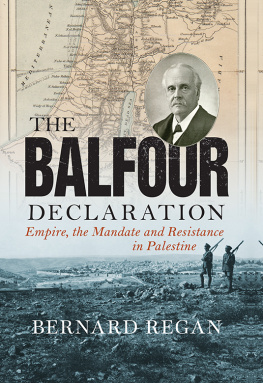
THE LEWIS WALPOLE SERIES IN EIGHTEENTH-CENTURY CULTURE AND HISTORY
The Lewis Walpole Series, published by Yale University Press with the aid of the Annie Burr Lewis Fund, is dedicated to the culture and history of the long eighteenth century (from the Glorious Revolution to the accession of Queen Victoria). It welcomes work in a variety of fields, including literature and history, the visual arts, political philosophy, music, legal history, and the history of science. In addition to original scholarly work, the series publishes new editions and translations of writing from the period, as well as reprints of major books that are currently unavailable. Though the majority of books in the series will probably concentrate on Great Britain and the Continent, the range of our geographical interests is as wide as Horace Walpoles.

Published with assistance from the Annie Burr Lewis Fund.
Published with assistance from the Kingsley Trust Association Publication Fund established by the Scroll and Key Society of Yale College.
Published with assistance from the foundation established in memory of Amasa Stone Mather of the Class of 1907, Yale College.
Copyright 2016 by Steve Pincus.
All rights reserved.
This book may not be reproduced, in whole or in part, including illustrations, in any form (beyond that copying permitted by Sections 107 and 108 of the U.S. Copyright Law and except by reviewers for the public press), without written permission from the publishers.
Yale University Press books may be purchased in quantity for educational, business, or promotional use. For information, please e-mail (U.K. office).
Set in Minion type by IDS Infotech, Ltd.
Printed in the United States of America.
Library of Congress Control Number: 2016932676
ISBN 978-0-300-21618-9 (hardcover : alk. paper)
A catalogue record for this book is available from the British Library.
This paper meets the requirements of ANSI/NISO Z39.48-1992 (Permanence of Paper).
10 9 8 7 6 5 4 3 2 1
Contents
Acknowledgments
This book, more than most, is a coterie production. It is the result of many years of discussions with Yale and Chicago undergraduate and graduate students, innumerable conversations with friends and colleagues, and many a family dinner. While I put the ideas on paper, many people were responsible for the interesting thoughts that are in this book. The boring ones are all my own.
I would like to thank the many people who have discussed these issues, read draft chapters, or simply stimulated me to rethink assumptions and correct mistakes. This book took shape, by accident, very quickly. The initial stimulus came from an invitation by Doug Bradburn, founding director of the Fred W. Smith National Library for the Study of George Washington, to present a public lecture on the British influences on George Washington. This book is the working out of the ideas I presented boldly at Mount Vernon. I benefited much from the criticism I received at that event. At the same time, I held fellowships from the John Simon Guggenheim Memorial Foundation and from the Dorothy and Lewis B. Cullman Center for Scholars and Writers. It was in the latter remarkable setting that I conducted most of the research for this project and also had the privilege of testing my ideas formally and informally with a fantastic group of journalists, novelists, and academics. To all of them, and especially to the director Jean Strouse, I am more grateful than they could possibly know.
Chris Rogers at Yale University Press and Wendy Strothman both played key roles in persuading me that this was a project worth pursuing.
I have benefited from discussions with many, many scholars in the past several years. I had the opportunity to present some of my ideas in seminars, lectures, and workshops at the American Historical Association, New York University, Binghamton University, Cambridge University, Dundee University, the Huntington Library, the Institute of Historical Research in London, the London School of Economics, the McNeil Center at the University of Pennsylvania, NYU Law School, Ohio State University, Rutgers University, the University of Texas at Arlington, and the Center for Historical Enquiry and the Social Sciences at Yale. At each of these events I received suggestions and criticism that made me rethink or recalibrate the claims advanced here.
I am especially grateful to those who read draft chapters and offered pointed criticism. David Blight, John Brooke, Christian Burset, Alejandra Dubcovsky, Joanne Freeman, Bruce Gordon, Don Herzog, Alan Houston, Dan Hulsebosch, Jim Livesey, Peter Mancall, Paul Mapp, Renaud Morieux, Isaac Nakhimovsky, Bill Novak, Jim Oakes, Claire Priest, Ed Rugemer, and Mark Somos all provided comments that, I hope, made the manuscript better. Chris Rogers, Alyssa Reichardt, and Justin du Rivage read every word several times over and offered suggestions that often transformed chapters. Catherine Arnold provided a thorough and vital final reading of the prose. My wife read every turgid word and made suggestions to make the prose less so. To them I am exceedingly grateful. Conversations with John Brewer, Don Herzog, Jim Livesey, Frank Trentmann, and James Vaughn all helped shape my thinking in fundamental ways.
While he never read a word of this book manuscript, my graduate supervisor, Wallace MacCaffrey, shaped this book in important ways. His gentle and persistent prodding to ask big questions was always in the back of my mind. His humane and sympathetic guidance will always serve as a model. He is missed.
My greatest thanks goes to my family. They put up with many archival forays and trips to Charleston, London, and Paris, among many other places. They also cheered me up when some of the intellectual puzzles seemed too difficult to crack. David, now eleven, kept pointing out things about my story that I did not know. Andy persistently and usefully asked when the book would be done. Our newest family member, Avalanche, kept up my spirits in the race to the finish line. My greatest debt is owed to Sue, who was vital in too many ways to count.
Introduction
O n July 9, 1776, George Washington read to his troops, assembled in what is now the Washington Heights section of Manhattan, a document that would radically alter the course of history. Washington had received a copy of the freshly drafted Declaration of Independence from John Hancock, the president of the Continental Congress, while nervously preparing to defend New York City against General William Howes redcoats, who had disembarked on Staten Island. The Declaration that Washington received was a remarkable and sophisticated promise to create a modern state. More than two centuries later, this document is still read annually at Fourth of July celebrations and reprinted in local newspapers. Throughout the subsequent centuries, mayors, members of Congress, political pundits, and presidential candidates from every political party continue to cite and refer to it. This is not surprising: the Declaration was a modern document, and the problems Americas Founders grappled with remain of vital consequence today.
The political crisis that ultimately led a set of Americans to separate themselves from the British Empire was the product of the alarming growth of Britains national debt during the Seven Years War (175763), a massive and expensive global conflict that was fought in theaters from the Ohio Valley to Bengal, continental Europe, Africa, and the West Indies. In its aftermath one group of politicians, led by Britains Prime Minister George Grenville, tried to pay down the debt with cost-saving austerity measures and by compelling Britains colonies to pay a share of the burgeoning British tax burden. Grenvilles political opponents, self-proclaimed members of the Patriot Party on both sides of the Atlantic, argued instead that the best way to reduce the debt was to encourage economic development in all of the colonies. Experience had taught them that consumption of British manufactured goods in the colonies kept the imperial economy growing at a rapid pace. North American consumers were understood by Patriots to be the most dynamic piece of Britains now global economy.
Next page
